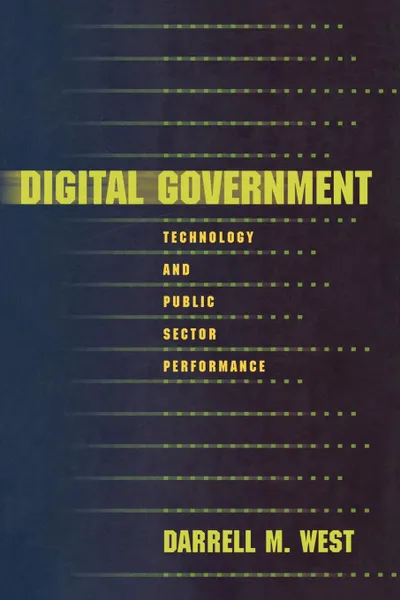Digital Government. Technology and Public Sector Performance 12+
Автор: Darrell M. West
2007
254 страницы
Категория: Литература на иностранных языках
ISBN: 9780691134079
Язык: Английский
📗 Few developments have had broader consequences for the public sector than the introduction of the Internet and digital technology. In this book, Darrell West discusses how new technology is altering governmental performance, the political process, and democracy itself by improving government responsiveness and increasing information available to citizens. Using multiple methods--case studies, content analysis of over 17,000 government Web sites, public and bureaucrat opinion survey data, an e-mail responsiveness test, budget data, and aggregate analysis--the author presents the most comprehensive study of electronic government ever undertaken. Among other topics, he looks at how much change has taken place in the public sector, what determines the speed and breadth of e-government adoption, and what the consequences of digital technology are for the public sector. Written in a clear and analytical manner, this book outlines the variety of factors that have restricted the ability of policy makers to make effective use of new technology. Although digital government offers the potential for revolutionary change, social, political, and economic forces constrain the scope of transformation and prevent government officials from realizing the full benefits of interactive technology.
Мнения
